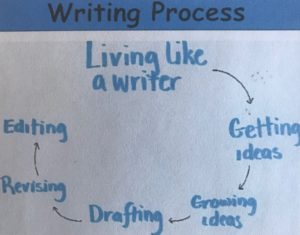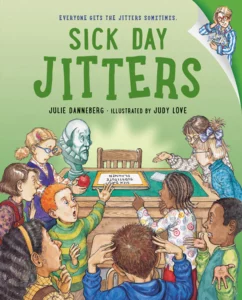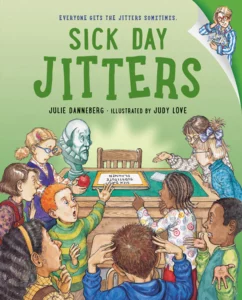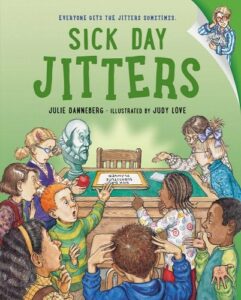
I believe that one of the most valuable tools I use as a writer is understanding my own personal process of creating and revising. Over the years, I have learned, through trial and error and lots of reflection, what writing strategies and approaches work best for me.
As a writing teacher, I wanted my students to better understand, and evaluate, their own approach to writing. To do this, throughout the year, they used their writing journal to reflect not on what they wrote but how they worked. Sometimes they analyzed a single step, sometimes they reflected on each step as they went, and sometimes they analyzed their process on a finished piece. We called this activity process mapping, and when they were done, they end up with a writing process map. The maps could be visual, written or a combination of both.
To get them started I often supplied a list of questions to guide their thinking. Below are a few possibilities.
Getting an Idea:
- Describe the scope of the idea that you started with? Did it cover the whole story or was it just the beginning of the story that you had to develop?
- What strategies did you use to develop your idea? Which ones worked best?
- How much time did you devote to developing your idea?
- Did you use any type of graphic organizer? If so, why? Do you think it helped?
First Draft:
- Briefly describe your process for writing the first draft: Fast and furious? Slow and deliberate? Writing from an outline or graphic organizer?
- How did you know that you were done with the first draft and ready to move on to revision?
Revision:
- Describe your revision process for this piece? Did you go through the piece multiple times or just once?
- How do you know what to revise?
- Think about what went through your mind as you revised this piece? What kind of self-talk did you use? Look back at your piece and try to create some of that self-talk? What questions did you ask yourself? What comments did you make as you read your own writing?
- How much time did you spend on revision? Was that enough or could you have used more time?
Final piece:
- Looking at the final piece, how successful were you in writing the story/article that you envisioned?
- What do you like about your finished piece? What did you do well?
- What do you think will work on the next time you write a piece like this?
I found that as the students began to understand and apply what strategies work best for them, they took more ownership of their writing and were more invested in the finished product. My hope was that they would also learn to apply this type of metacognitive thinking to other areas of their lives.
As with all assignments in the writing workshop, it is helpful to share your own reflections and discoveries with the class as you ask them to share theirs!


